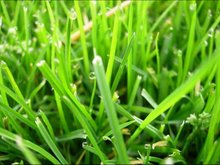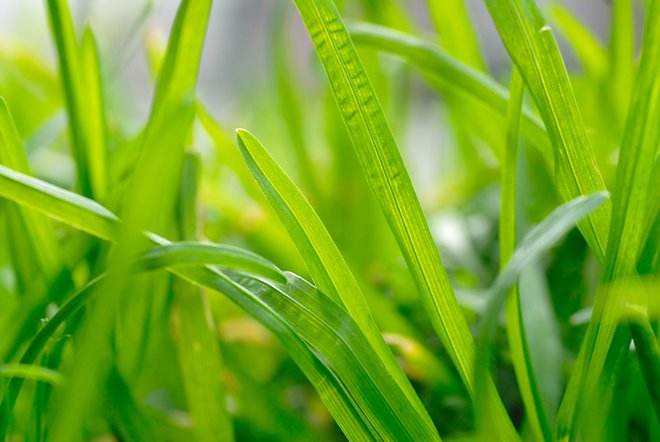
The American Physiological Society had a news release 2 May saying that a team of researchers examined the effectiveness of 16 plants growing in South Africa's Kwa-Zulu Natal region and concluded that eight plant extracts may hold value for treating hypertension.
Hypertension can be treated with medication, including drugs such as angiotensin-converting enzyme inhibitors (ACEI) and angiotensin II receptor blockers (ARB). These drugs not only lower blood pressure but offer additional protection to the brain and heart. ACEI, in particular, provide beneficial properties to patients with type 1 diabetes.
One plant -- Wild Garlic (Tulbaghia violacea) -- showed the most promising hypotensive affects. The plant is commonly associated with onions and garlic and highly concentrated in Southern Africa. Researchers have recorded (1962) that the plant was pounded into formulations and used by native South Africans to relieve stomach ailments, rheumatism and high fevers. Other researchers found (1966) that native South Africans rubbed the leaves of the plant on the head for sinus headaches and used plant infusions for colic and restlessness in young children. The most direct discovery is the 1993 finding that large doses of popular garlic preparations significantly decreased the diastolic blood pressure in human patients 5-14 hours after the dose with no significant side effects. In addition, wild and cultivated garlic preparations were shown to decrease systolic blood pressure in rats.
The researchers felt it would be worthwhile to pursue further studies involving this extract. The treatment for hypertension may well be served with your dinner in future. Who knows?


No comments:
Post a Comment